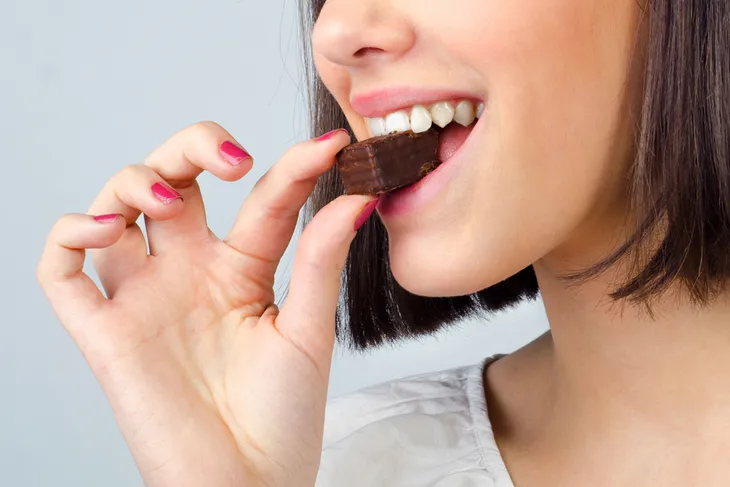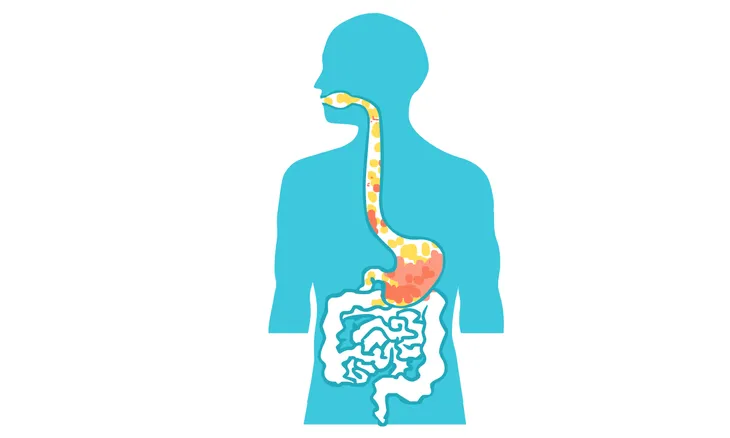How often do you think about, not scrutinize the manner in which you chew? Sure, chewing comes naturally and we often munch away our meals without regard for how our chewing method affects our weight, vitamin absorption, and digestion.
Here are five ways that more effective chewing habits can positively benefit your health…
Chew Thoroughly for Greater Food Satisfaction
Findings from a study published by the American Journal of Clinical Nutrition, revealed that proper chewing could keep you control appetite and stay full for longer. If you’re trying to control your portion sizes, listen closely…or rather chew carefully.
The study monitored a group of study participants over a 4-day duration. Participants were given whole almonds to chew, but groups were split into three and asked to chew the almonds 10-times, 25-times, or 40-times per mouthful. The study results reported that the lengthier chewers (40-times) experienced greater appetite satisfaction.
Better Vitamin and Nutrient Absorption
Along with better appetite control, research also concludes that better chewing techniques led to more efficient absorption of food vitamins and nutrients (i.e., fiber and healthy fats).
For instance, a study quoted in U.S. News & World Report in an article by Philadelphia-based registered dietitian, Katie Cavuto, says that the more chews utilized—the fewer lipids were excreted in stool. Excess lipid excretions indicate poor digestion of food by the body.
Weight Control
According to a 2014 study from the National Institutes of Health, proper chewing also aids weight control by reducing food intake. For example, study researchers monitored participants as they chowed down and asked to either increase their baseline chew rate by 150 or 200-percent or slow down their chew rate.
Findings of the study showed that the number of chews directly correlated with the amount of food consumed. For instance, those who chewed more ate significantly less food, which means concentrating on increasing your chews each time before you swallow can greatly reduce food intake.
Improved Digestion
Research conducted by renowned internist, Dr. Mary Clifton, has long exposed the benefits of proper and thorough chewing. For instance, Dr. Clifton’s research details how digestive enzymes in saliva (i.e., amylase, lipase, and protease) break down food. Chewing not only produces excess saliva that helps break down food for digestion—that act of chewing thoroughly alerts other organs—namely the small intestine, stomach, and pancreas—to approaching nutrients.
According to Dr. Clifton’s research, slower, methodical, and thorough chewing prompts and prepares the body and vital organs for digestion and nutrient absorption of starches, amino acids, and fats.
Better Chewing Tips
Now that you’re aware of how chewing affects your weight, your nutrient absorption, and how you digests foods—it’s time to take control of how you chew in these ways:
- Count your chews—increase your baseline chews gradually.
- Savor your food—learn to enjoy the texture, smell, and taste of your meals.
- Be mindful—chew thoroughly prior to swallowing away from TV or your laptop.
- Control portions—with smaller plates, bowls, and utensils.








